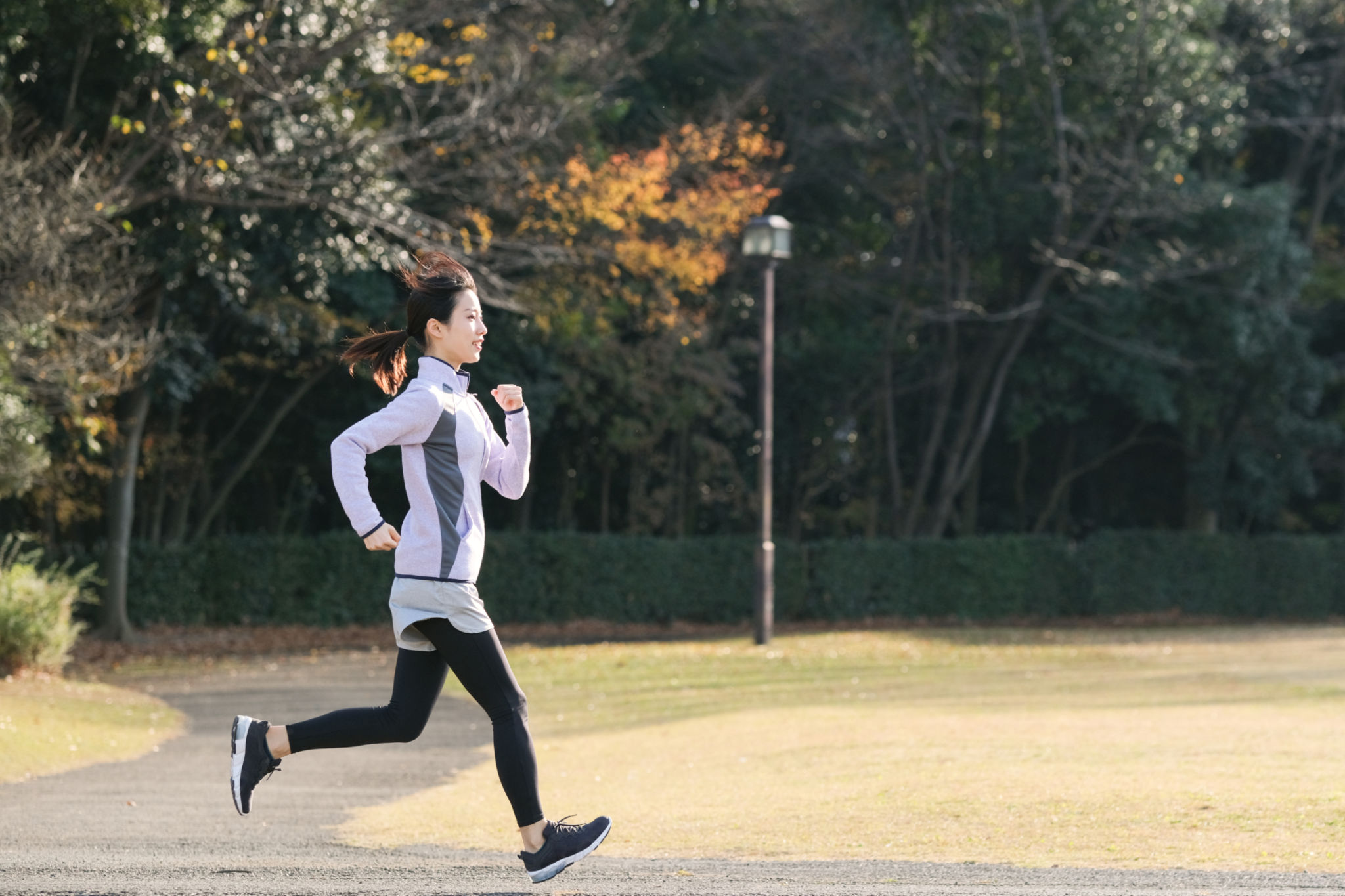Seasonal Stress: Managing Anxiety During the Swiss Winter
Understanding Seasonal Stress
As the Swiss winter approaches, many people find themselves grappling with the seasonal stress that accompanies the shorter days and colder temperatures. This phenomenon is not uncommon and is known to affect individuals differently. The combination of limited daylight and chilly weather can lead to increased feelings of anxiety and depression for some.

Understanding the root causes of seasonal stress is crucial in managing it effectively. The lack of sunlight can disrupt your body's internal clock, affecting mood-regulating neurotransmitters such as serotonin. For those sensitive to these changes, it can lead to feelings of lethargy and anxiety.
Recognizing Symptoms of Anxiety
Recognizing the symptoms of anxiety during the winter months is the first step towards managing them. Common signs include persistent worrying, restlessness, difficulty concentrating, and sleep disturbances. It's important to pay attention to these symptoms as they can have a significant impact on your daily life.
If left unchecked, these symptoms can escalate, affecting work performance, relationships, and overall well-being. Therefore, acknowledging these signs early on is vital in seeking effective coping mechanisms.
Embracing Light Therapy
One proven method to combat seasonal stress is light therapy. This involves exposure to bright artificial light that mimics natural sunlight. Light therapy has been shown to boost serotonin levels, improving mood and energy levels. Many people find it beneficial to use a light therapy box for about 20-30 minutes each morning.

It is important to choose a high-quality light therapy box and ensure it provides the right intensity of light. Consulting a healthcare professional before starting light therapy can help tailor it to your specific needs.
Incorporating Physical Activity
Physical activity is another effective way to manage anxiety during the Swiss winter. Regular exercise releases endorphins, which are natural mood lifters. Whether it's a brisk walk in the snow, skiing in the Alps, or a home workout routine, staying active can significantly reduce stress levels.
Consider joining a local gym or fitness class as a way to stay motivated and meet like-minded individuals. Engaging in physical activities with others can also provide social support, which is essential during the darker months.

Cultivating Mindfulness Practices
Mindfulness practices such as meditation, yoga, and deep breathing exercises can help reduce anxiety by promoting relaxation and focusing on the present moment. These practices can be especially beneficial during the winter months when stress levels tend to rise.
Setting aside even a few minutes each day for mindfulness can have a profound impact on your mental health. There are many apps and online resources available that offer guided sessions tailored to different experience levels.
Seeking Professional Support
For some individuals, professional support may be necessary to manage seasonal stress effectively. Speaking with a therapist or counselor can provide valuable insights and coping strategies tailored to your personal experiences.
Cognitive-behavioral therapy (CBT) is one approach that has been shown to help individuals reframe negative thought patterns and develop healthier coping mechanisms. Seeking support is a sign of strength and an important step towards improving mental health during challenging times.